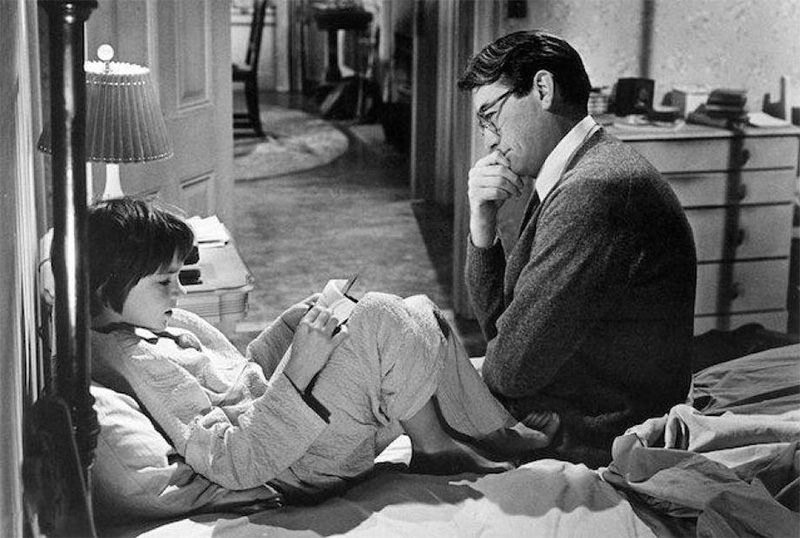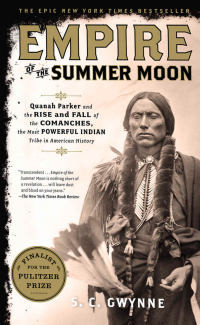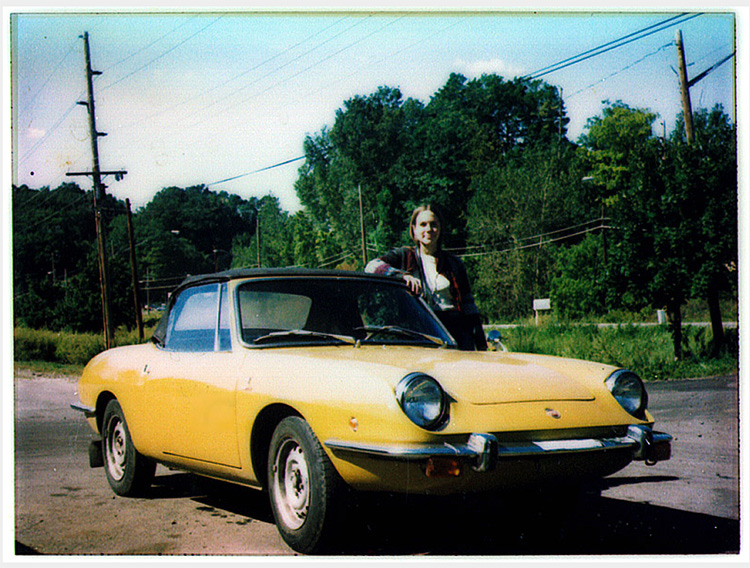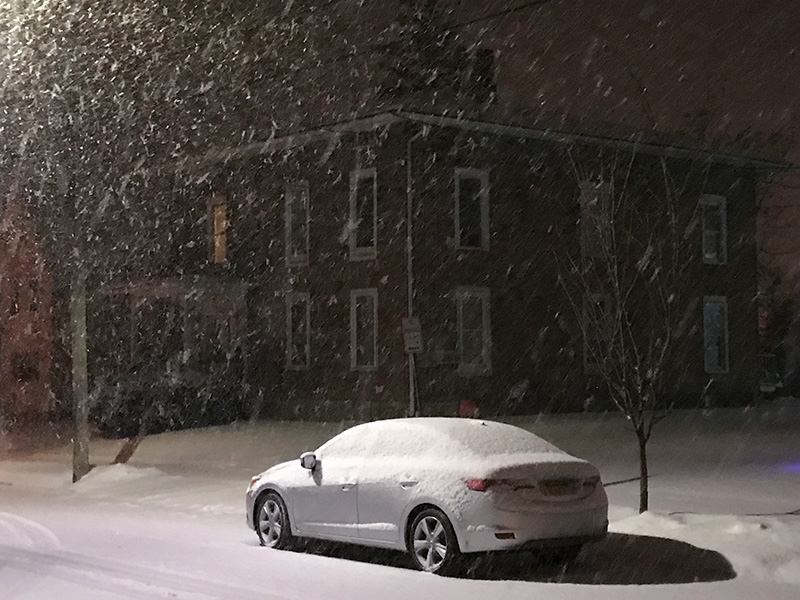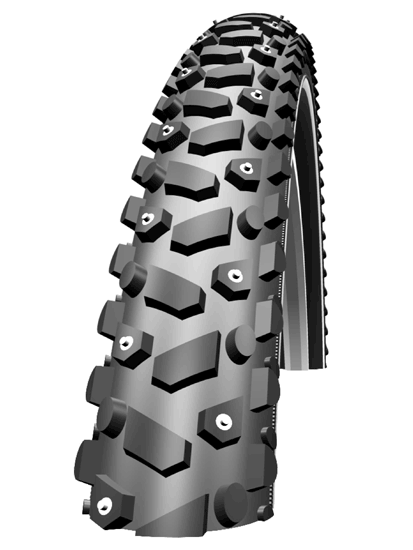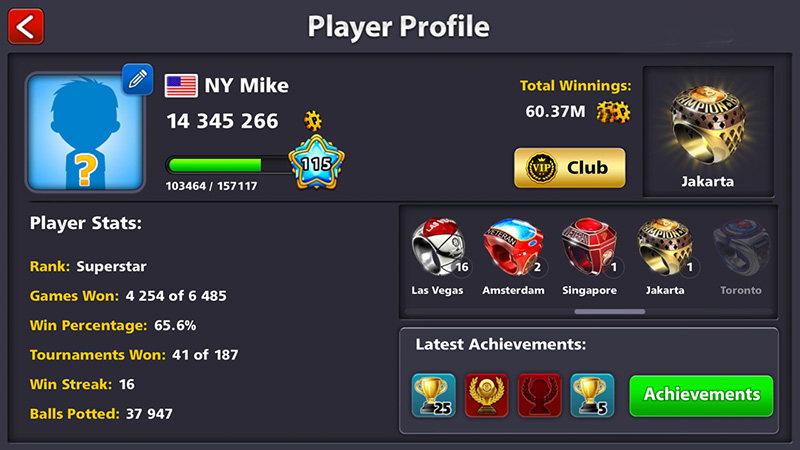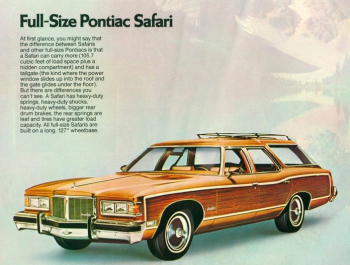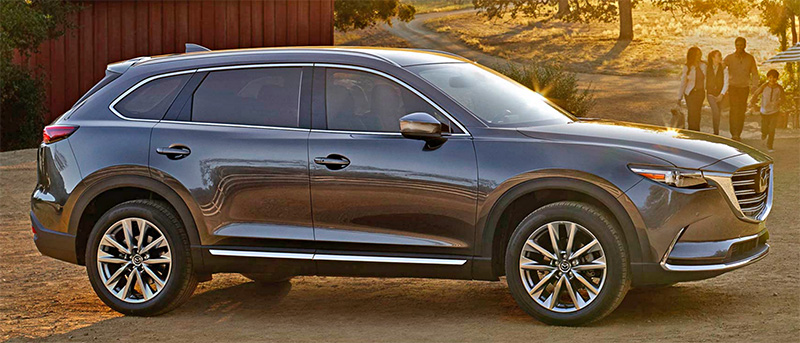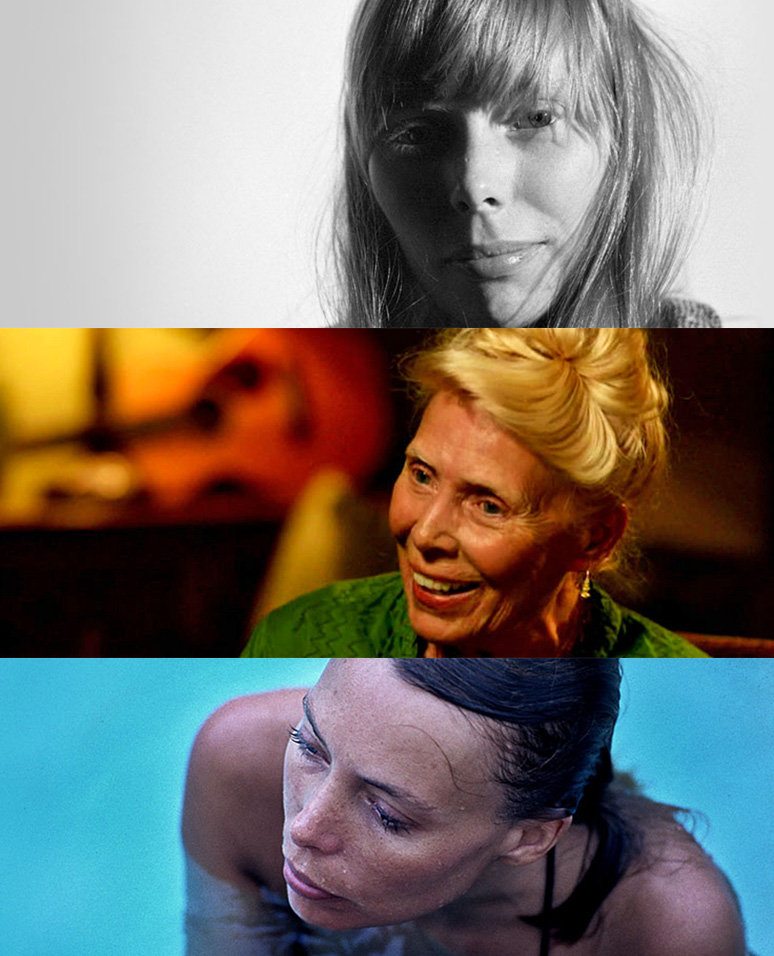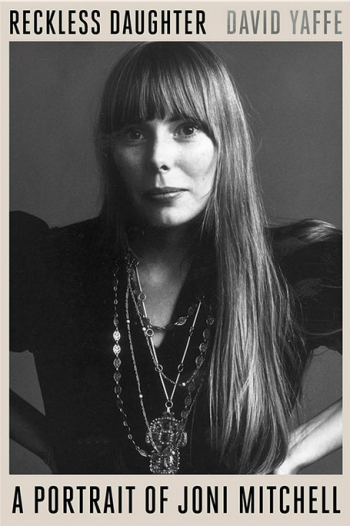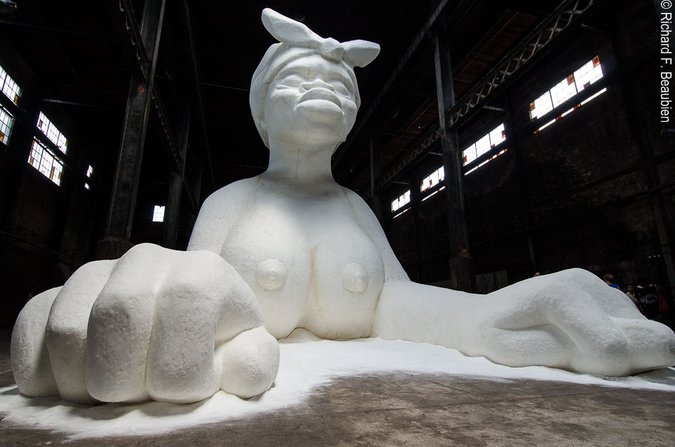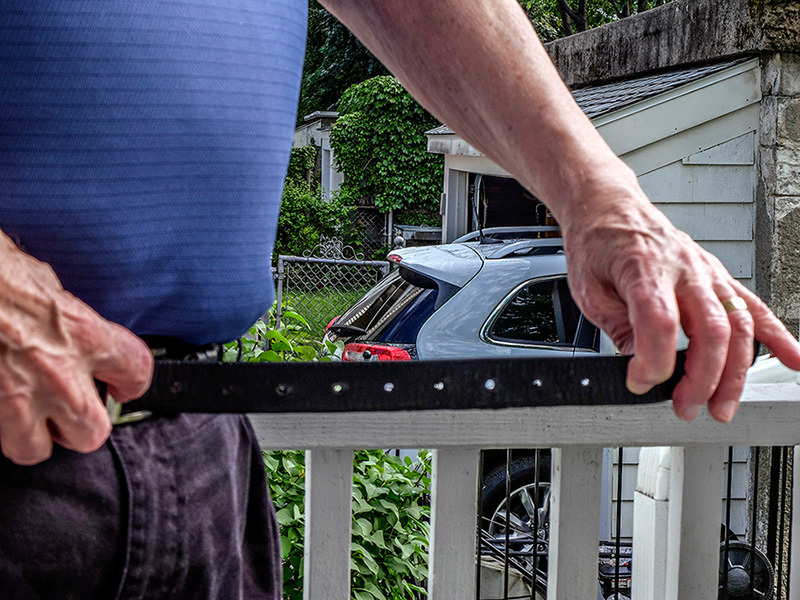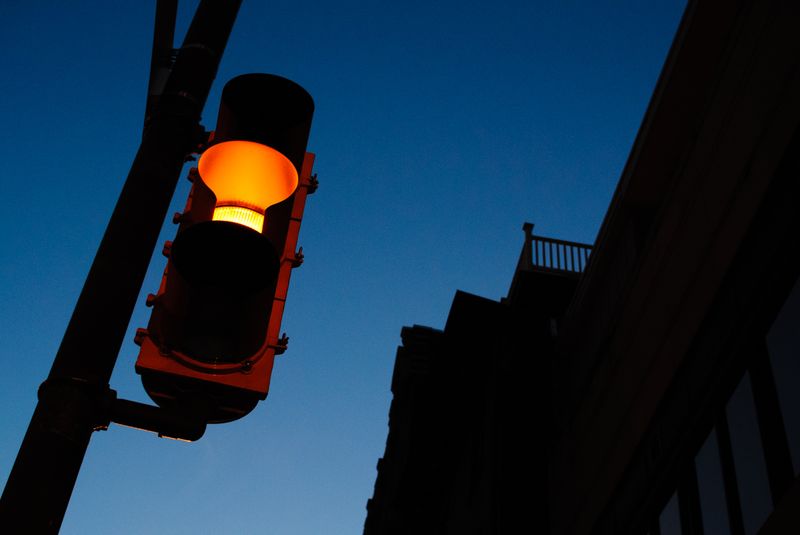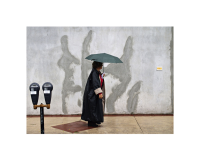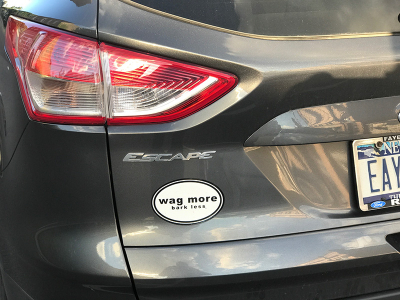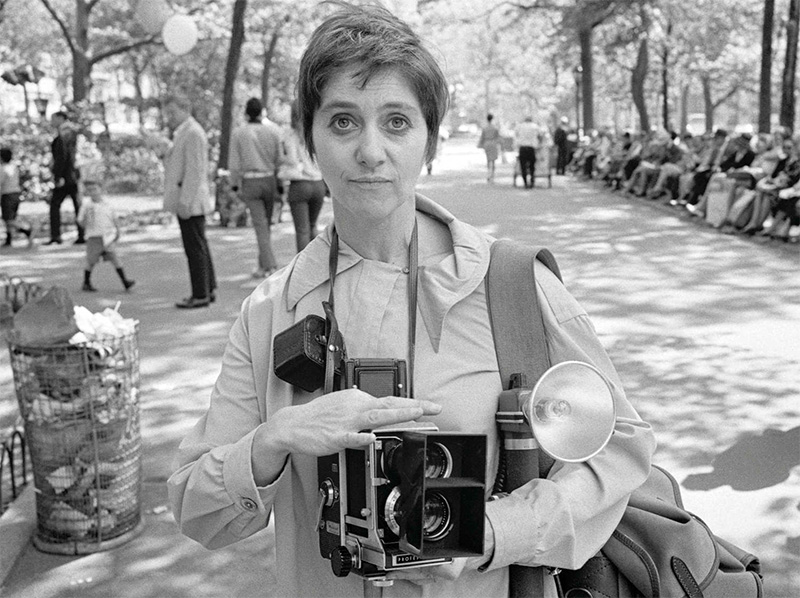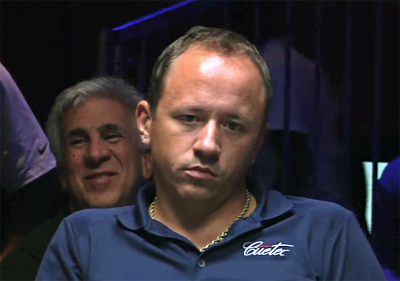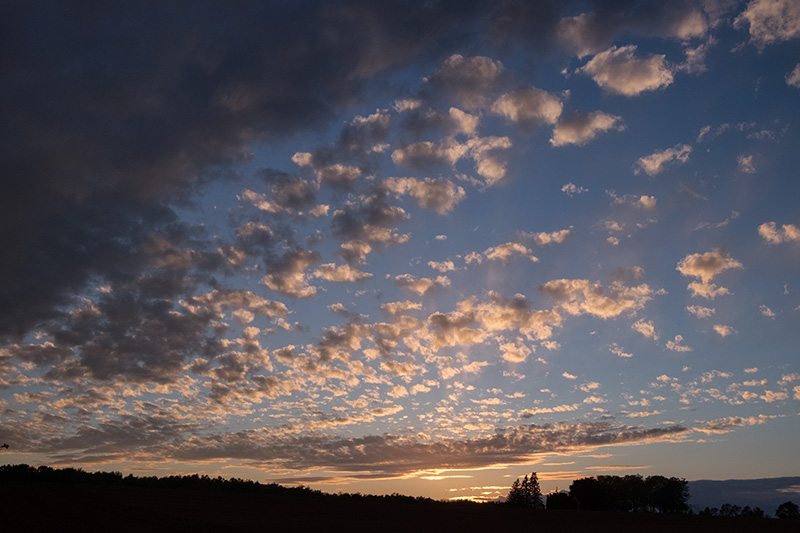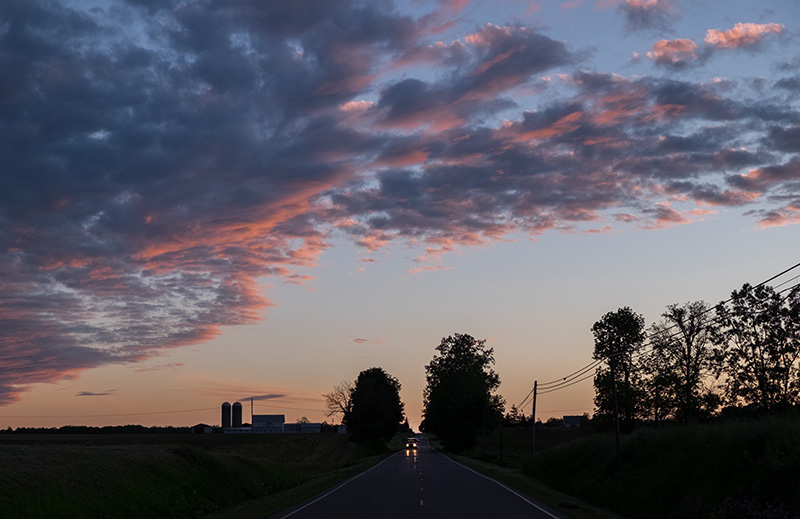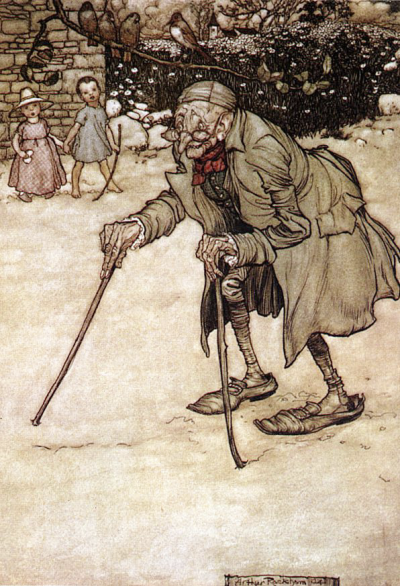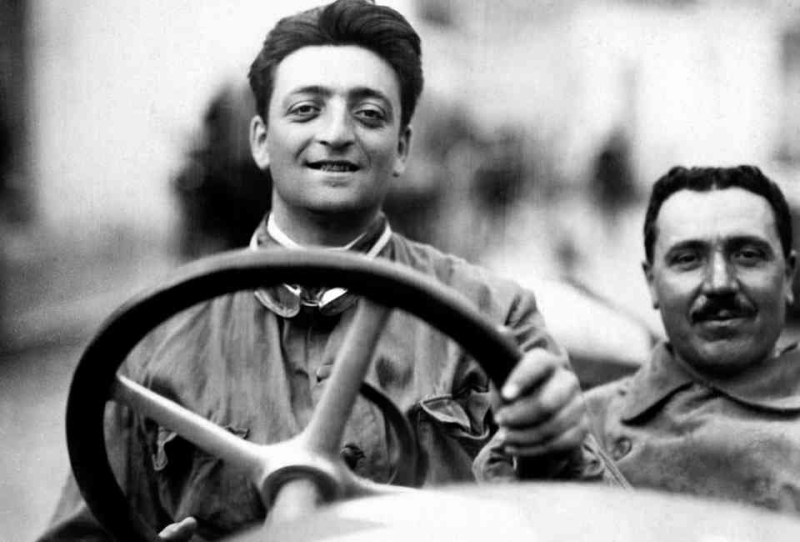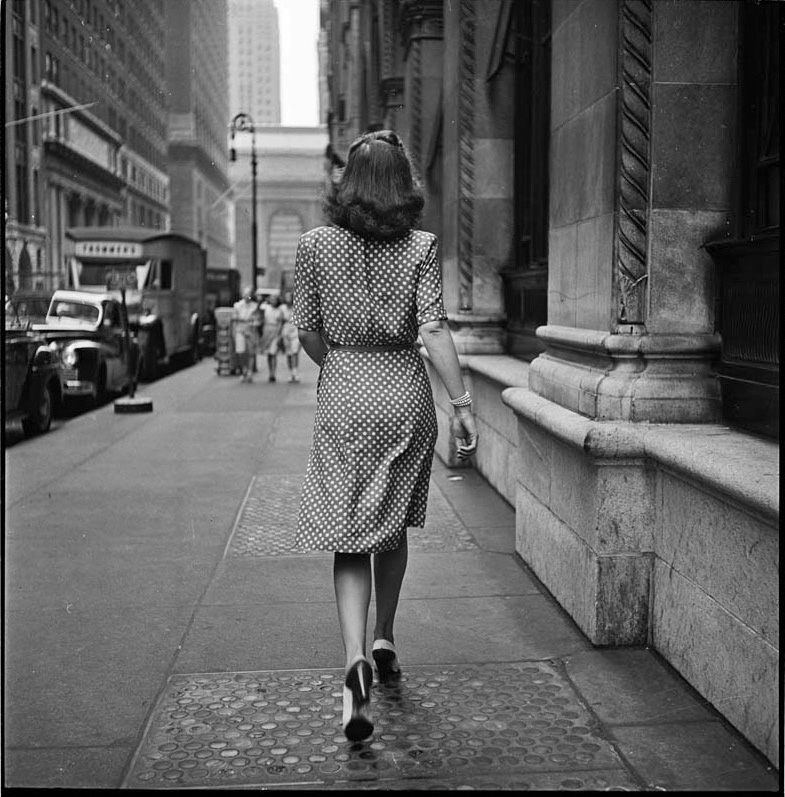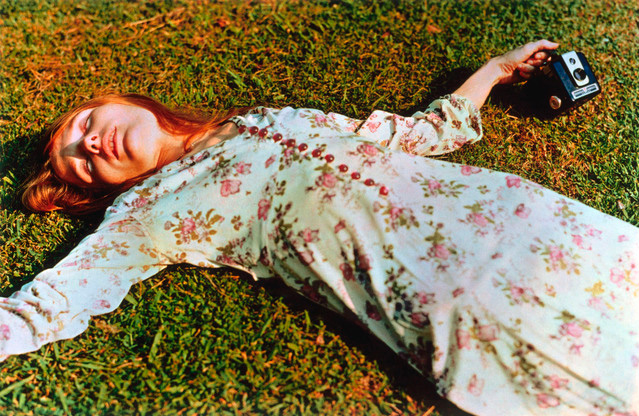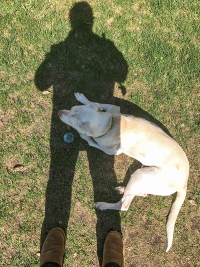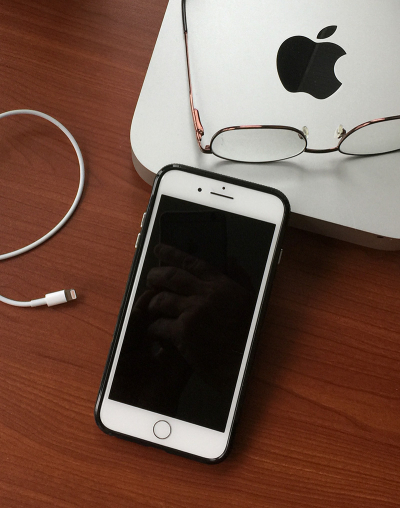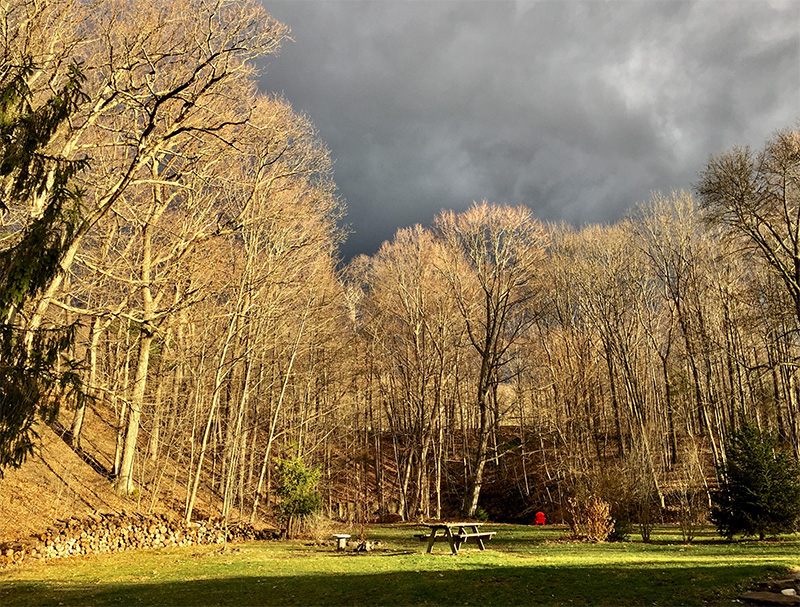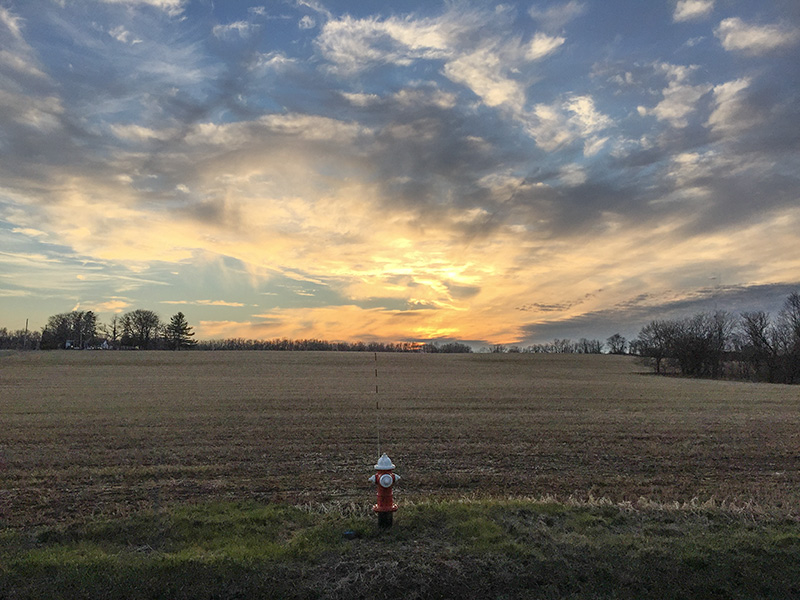Bestsellers: We're barely 18 years into the third millennium, but that allows us to say things like "the best car of the entire millennium!" Humans adore hyperbole, so we love that. Case in point: there's an actual real article on Forbes.com called "I've Discovered The Best Smartphone Of All Time...." (It was the 2011 Palm Pre, according to the author, if you're curious. Amazingly, it beat out every smartphone from the 17th century, hands down. What are the chances?)
I'm waiting for a construction like "the best camera of 2018 of all time." It makes no sense, unless you're human, in which case, somehow, it does.
Anyway, books: of the bestselling books of this millennium of all time, 11 1/2 of the top ten are, of course, Harry Potter books. The popularity of these books is inexplicable to everyone, but I have the explanation: they're autobiographical. J.K. Rowling is Hermione, all grown up, and she bewitched all the muggles into buying her books by the millions.
How do I know? It's Occam's Razor: I've read some of the Harry Potter books, and this is the only possible explanation.
But here's the amazing fact I wanted to relate: according to one list, the Number 22 bestseller of this millennium so far is a book that came out all the way back in 1960, and never ranked higher than third for any given year: To Kill a Mockingbird by the late Harper Lee. It supposedly sells a million copies a year, more than all but a tiny handful of contemporary books. Take that, third millennium.
Mary Badham as Scout and Gregory Peck as Atticus
in the movie version of To Kill a Mockingbird
The Great Crime Decline: The most remarkable change in our society in this millennium, according to a book review by Adam Gopnik in The New Yorker, is one that is not very often talked about or mentioned in the news: violent crime has dropped drastically across the Western world. In New York City, the epicenter of the change, violent crime used to routinely claim more than 2,000 lives every year; but far fewer—328—lost their lives to crime in 2014, and the number has been dropping still lower since then.
A new book, Uneasy Peace by Patrick Sharkey, recounts the decline in detail. It's written from a left-leaning perspective but looks unflinchingly at right-leaning explanations, such as increases in incarceration and the more brutal police tactics many Americans protest. (The bestseller Freakonomics offered as an explanation the increase in abortions, i.e., the lowering of the number of unwanted babies.) The unavoidable overall conclusion, however, is that everyone is mystified: no one can really explain the Great Crime Decline.
Money for nothing and your chicks for free: The first album to sell more in CD format than vinyl—and the first to sell more than a million in the then-still-new CD format—was Dire Straits' Brothers in Arms, released in May 1985. Now, while vinyl is continuing its admittedly modest comeback, CD is apparently going the way of the 8-track tape. Starbucks quit offering compilation CDs at its checkout counters in 2015, and now, Best Buy has announced that it will cease to sell CDs as of July 1, and Target will reportedly be switching its suppliers to a consignment model.
The Compact Disc peaked in 2002 when sales of the format accounted for 95.5% of recorded music sales. By 2016, CD sales fell below 16 percent of total recorded music revenues. Not coincidentally, 2016 was the first year that subscriptions to streaming services became the top source of revenue for recorded music, as well as the first year of an overall increase in revenues in this millennium. This is bad news for musicians, though, who earn very little from streaming services. It's likely that in coming years a musician will become a much less cool thing to be, because you won't be able to earn much money from it.
Internet-effective baby names: I'm not saying a baby's name in the new millennium needs to be weird, like Kill-sin Pimple, who registered for jury duty in England in the 1650s, or jokey, like Shanda Lear, daughter of Bill and Moya Lear of Lear Jet fame (Shanda's brother was named King! Ouch. Thanks to Misha for that). I am however of the opinion that it would be wise, in this day and age, to give new babies an ordinary name plus a distinctive name—first and middle or middle and first—so they will be one day be able to register their own unique email address.
Take as an example, say, "Julia Smith." I'm going to guess that [email protected] and @juliasmith are already taken. But what if Julia's middle name was something distinctive, like Julia Sojourner Smith or Julia Payslee Smith? A unique Twitter address just got more likely for Julia. John Doe could instead be something like John Dante Doe or Rocco John Doe.
The practice would have two good effects: not only would it make distinctiveness on the Internet much easier for the 21st-century baby once the time came, but it would offer the child a choice of names to go by once he or she grows up—one ordinary, one exotic.
For instance, I have a new relative named Roscoe Thomas M———. This is perfect, because baby Roscoe Thomas will have a choice when he grows up: he can go by Tom if he wants to blend in and be an ordinary (so to speak) joe; or, if he chooses a profession where it's good to stand out and be distinctive, he can go by Roscoe, which I believe is a name that's fairly unusual even in its native Scotland, where Jack has been the top male baby name for ten years in a row. According to the Social Security Administration, Roscoe in the U.S. declined from a high of 171st most popular male baby name in 1901 to falling out of the top 1,000 for good (so far) in 1978.
There are a lot of Toms; there aren't many Roscoes. So the young man will have his choice. And, while there will probably be a lot of people named Thomas M——— on Facebook (his last name isn't uncommon), there probably won't be very many people named Roscoe Thomas M———.
If you're naming a child any time soon, you might consider this approach. Oh, and if your last name happens to be Pimple: just do your best not to make things any worse.
Mike
"Open Mike" is the often off-topic editorial page of TOP, when Yr. Hmbl. Ed. is let off the leash. It appears on Wednesdays.
Original contents copyright 2018 by Michael C. Johnston and/or the bylined author. All Rights Reserved. Links in this post may be to our affiliates; sales through affiliate links may benefit this site.
B&H Photo • Amazon US • Amazon UK
Amazon Germany • Amazon Canada • Adorama
(To see all the comments, click on the "Comments" link below.)
Featured Comments from:
PacNW: "The Great Crime Decline: The bigger question is why there was such a big spike in crime. All spikes end so the end may be less interesting than the beginning. Some studies showed that the increase was closely tied to children growing up near freeways and other busy roads during the era of leaded gasoline. Lead is a neurotoxin that causes exactly the type of brain damage in children that is associated with criminal behavior. The generation that grew up after leaded gasoline was banned did not end up having as much criminal behavior. Check out some of the charts online. The correlation is striking."
Tom: "I have a friend in California whose son was asked to change his name upon joining his first employer, as were all new employees, in order to shed any existing social media trail."
paul in Az: "A comment on the correlation of crime and leaded gas. Correlation does not necessarily imply causation. My professor of public health put up two graphs. One was the seasonal incidence of polio, peaking in mid summer. The other was the seasonal sales of ice cream. They were a perfect match. If correlation means causation then it is obvious that ice cream causes polio."
Fredrik Rutz: "In response to PacNW. Correlation is not causation. As shown clearly (and funnily) by Tyler Vigen."
Mike replies: Omigod those are hilarious. I'm relieved however to learn that fewer people are drowning after falling out of fishing boats. And my son would say that the one about Nicholas Cage films and swimming pool drownings is causal (he can't stand N.C.). However I am dismayed to learn that people die by becoming tangled in their bedsheets. That's a sad way to go. Thanks for that Fredrik, made my day today.
Ernest J. Zarate: "Internet-effective baby names.... My full name is Ernest Joseph Zarate, named after my maternal and paternal grandfathers, respectively. As I was born Dec. 27, 1955, I posit that my parents invented this naming strategy long before the Internet was a twinkle in Al Gore's eyes.
"I went by 'Joe' for the first 20+ years of my life, as evidenced in family photos when I was a wee one. My mother dutifully wrote the names of everyone in any photo on the back, and I was always identified as Joe, though my first name was Ernest. This was a deal my parents reached: name me for my mom's dad, but call me by my dad's dad's name. It was so pervasive that, when as a young adult I put in for official ID, I'd often enter my name as Joseph E. Zarate (rather a mess to untangle later on).
"Anytime anyone called me Ernest (it was, after all, my official name), I'd say, 'Call me Joe....' Until I was a student at San Francisco Art Institute in the mid-1970s, when one of my professors, Hank Wessel, was taking role on the first day of school. There was something about the way his East Coast accent affected the name 'Ernest' that made me on the spot not say anything to correct him. So for those few years, in that rarified atmosphere that was SFAI, I went by Ernest. Then it was back to Joe.
"It stayed Joe until a few years ago, when I met the woman who would be my (second) wife. At first, she called me Joe. Then she started calling me Ernest (I cannot abide the nickname 'Ernie' at all). And once again, it clicked. It's been Ernest ever since, and will be for whatever time I still have left.
"I like its uniqueness, its association with 'earnest' (though that is a pet peeve when people spell my name that way), its connection the past and my past, and very much the way it sounds.
"To all who may be considering names like Ernest, Roscoe or other 'old world' names, do not be dissuaded by their lack of popularity. Worn by the right soul, they are just right."
Joe: "Twenty-six and 23 years ago, my wife and I gave our kids double last names. Friends and relatives warned us how much that was going to complicate our kids' lives in the long run. But it turns out we were prescient: Unique usernames and domain names."
David L.: "Re musicians not earning much money: My wife is a full time musician. Most are lucky to break even in a tax year, even with numerous gigs and an occasional album release. It doesn't matter what media their music is released on. They play out of dedication, not necessarily for monetary rewards. They really embody the term starving artist."
Elton Pinto: "Another in the list of hyperbole that has always annoyed me is the 'Miss Universe' contest.... Why didn't we stop at world?"
Mike replies: Same thing for me with the phrase "known Universe"...we "know" it, now? Bit of human hubris in that.
Paulo Bizarro: "The naming thing reminded me of the character major Major Major in Catch 22...."
